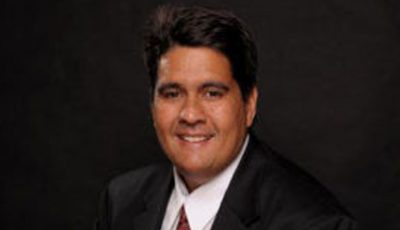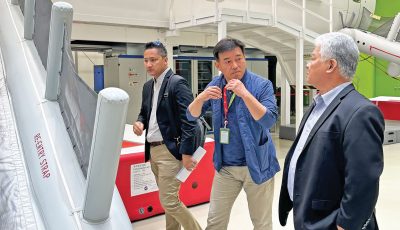Ni hao, y’all
It was not unexpected but it still came as a surprise. Several southern states in North America reportedly poised their economies to attract investments from China.
The son of a moneyed Vancouver magnate spent a bundle to get his son wedded to a model, complete with private fireworks that required a public permit and cost a fortune. Of course, we knew as was anticipated that HK wealth ran to Vancouver and Toronto after the 1997 turnover of the territory to China by England.
In my lifetime, I was acquainted with three civilizational dreams. The first was a royally militant one, asserting an Aryan sense of regal superiority across the planet when the upper lip in the observance of afternoon tea followed the declaration that the “sun never sets on the British Empire.” This represented the European dream started by Macedonian Alexander when we led his troops to dip lances on the Indus waters, and the Caesars constructed their viaducts into the piazzas of Rome.
The second came with G.I. Joe after World War II. In the Pea Eye, it came with Thomasite at the turn of the 20th century, teachers who did not mind being an arm of an imperial design along with the evangelical Midwest Protestant missionaries. “The light upon the hill” was a characterization from Boston, later called American exceptionalism, and a deep sense of “manifest destiny” on bringing liberation to the oppressed, relief to the destitute, and freedom to the downtrodden. At first, that is.
Later, we forgot the oppressed and the double-d. After General Dwight as President Ike on his way out of office warned of the close affinity of corporate management to military might, Uncle Sam’s grunts and state’s policy wonks surreptitiously became the brawn and brain of the country’s oil exploration and drilling concerns. The American Dream became al-Jazeera’s favored punching bag. Individual drive for wealth got stymied as the 15/85 percent divide became a 1/99 gross inequality.
Current President Xi Jinping used the phrase “China Dream” in his speech after he was elected into office, and joined six others including the country’s Prime Minister in the Standing Committee of the Politburo. His administration vowed to pursue and engage the nation in a China Dream. As a foreigner residing in the country, I am often asked why I chose to be in China after my contract was already completed. I answer through the three points I understand to be constituent of the China Dream.
One, the dream involves more than the 85 million members of the Communist Party of China, critical as they are since their sense of responsibility includes the proper governance of the land. Rather, it involves the 1.39 billion Chinese in country as well as those dispersed across the planet. Retired colleague and literacy acceleration guru Lucille Chagnon, in the reading and writing anthology she uses for her “each one, teach two” courses, quotes an old Chinese proverb:
Tell me, I forget.
Show me, I remember.
Involve me, I understand.
Similarly, the CPC aims to involve everyone in the dreaming.
Two, the dream diffuses the tension brought by the Huquo individual registration (huji system of household registration) that pits the formerly dominant countryside against the new urban dwellers. It was not historically intended to pit one internal group against another as it was to identify and designate one’s provenance and place of official residence, as well as record immigration and movement of the increasing mobile workforce. A similar practice was followed in Japan, North Vietnam, the Koreas, and Russia (South Korea stopped the practice in 2008, and earlier, the propiska of the USSR). While the intention was not contradictional, the system spawned an informal but actual caste system that favors urban registrants. The dream visualizes a leveled playing field.
Third, the dream requires that all trade and commerce with people outside the sovereign territory be a win-win arrangement. It does not serve China’s interest anywhere in the world if their investment flourishes at the expense of the host economy. If China advances, so must also be the case of the countries in commercial and trade relationships with China. In the free-market realm, China reads the financial report bottom line, gleans for lessons from the local political process, but does not interfere with it one way or the other.
After the Tiananmen Square incident of 1989, party stalwart Deng Xiaoping made it clear to reformers that “some folks will get richer before others” as he opened the floodgates of the market to private investments. He reportedly told his audience that they could make as much money as they want but to leave the politics alone to the pros. The China Dream began at his instigation.
The party had not been idle. Prosecution of high profile charges on corruption were made. Tremors accompany China’s vision of the future but its journey begins at the center. “Zhong” is the fifth cardinal point, the center, the same word that identifies the people. In the dream, we are on to a journey to, of, and for the Center, y’all!



























